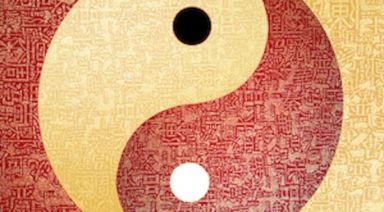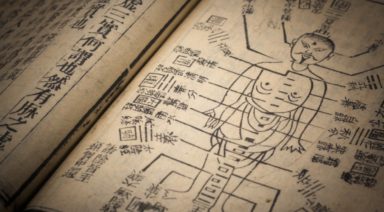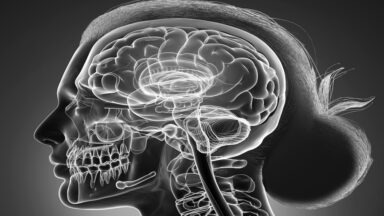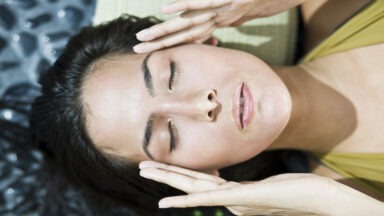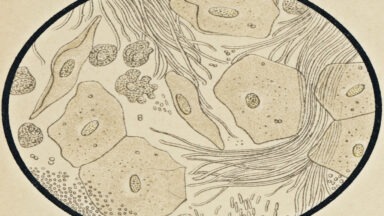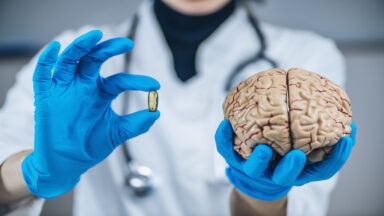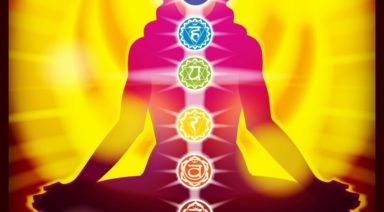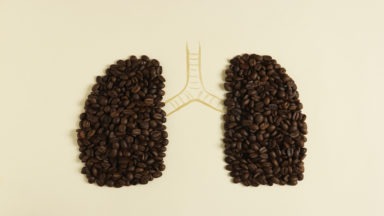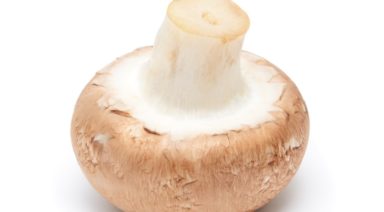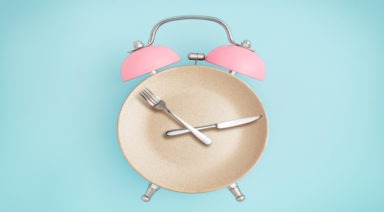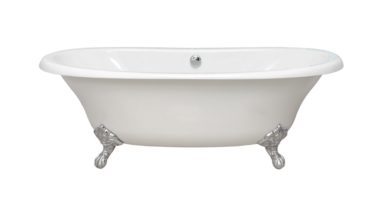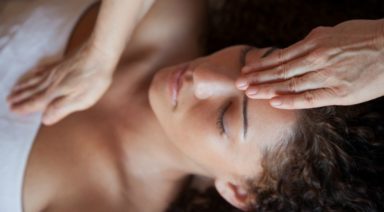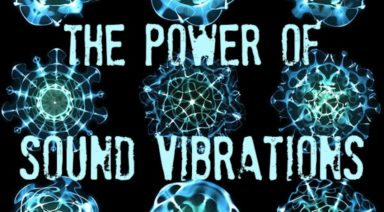How to Tune the Circadian Rhythms in Your Body
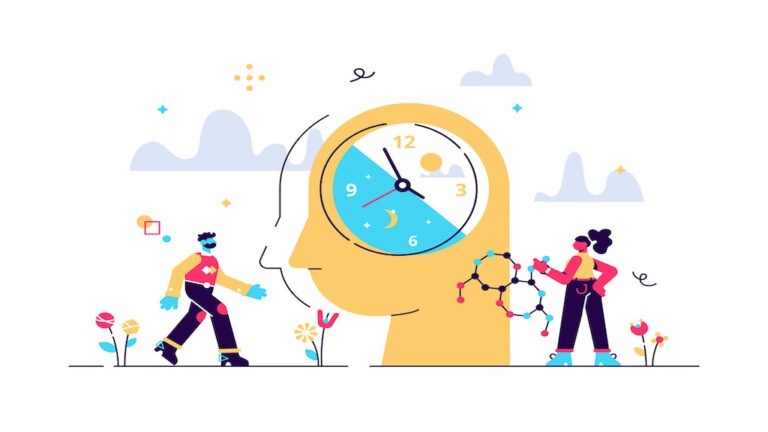
Never before have we lived so out of sync with the rhythms of nature. Can the resulting damage to our health be reversed? The new science of circadian medicine shows great promise in doing just that.
Until the industrial revolution, humans lived in accordance with the natural cycles of light and dark, or circadian rhythms. That all changed with the advent of electricity and artificial light. Today, our modern lifestyles and especially our exposure to blue light from electronic devices, have been making a major impact on our internal biological clocks. Research in an emerging field called circadian medicine is finding that there are ways to reset our circadian systems and bring us back into balance.
Dr. John Douillard is a renowned ayurvedic practitioner who’s been following the developments in the field and incorporating what he calls “circadian wisdom” in his practice for years.
“So the research is telling us that there are biological clocks in pretty much every cell of our body,” Douillard said. “But those biological clocks have to stay, like every clock, you have to set the clock to make sure it’s right and telling the right time. So the biological clocks are in sync with the circadian rhythms which are the light/dark cycles, both daytime, and the seasonal light/dark cycles.”
Watch more:
Spleen Health and Function: 60 Ways to Support a Healthy Spleen

Your beautiful, useful, little spleen is a vital organ found under the ribcage, in the upper left part of your abdomen. According to Western Medicine, your spleen is the largest organ in the lymphatic system, making spleen health crucial. It is sister to your tonsils, adenoids, and thymus. Helpful to your digestion and immune system, your spleen is like a youth hostel for the different aspects of your blood.
Your lymphatic system is a compilation of tissues and organs that rid your body of waste, toxins, and other non-beneficial materials. Your “lymph” is a powerful fluid that contains white blood cells, the little warriors that fight infections. According to Western Medicine, the spleen keeps your bodily fluids in balance, yet it is possible to live without it. Traditional Chinese Medicine (TCM) offers similar ideas, yet expands upon these premises.
There are many similarities between the attributes of Western Medicine and TCM perspectives. Rather than distill each as a separate pathway to spleen vitality, I’ve combined most of their similarities and offer suggestions on dietary and behavioral changes in support of your spleen’s health.
In all things related to your health, seek forward-thinking doctors, D.O.s, and naturopathic practitioners to advance your health and well-being.



